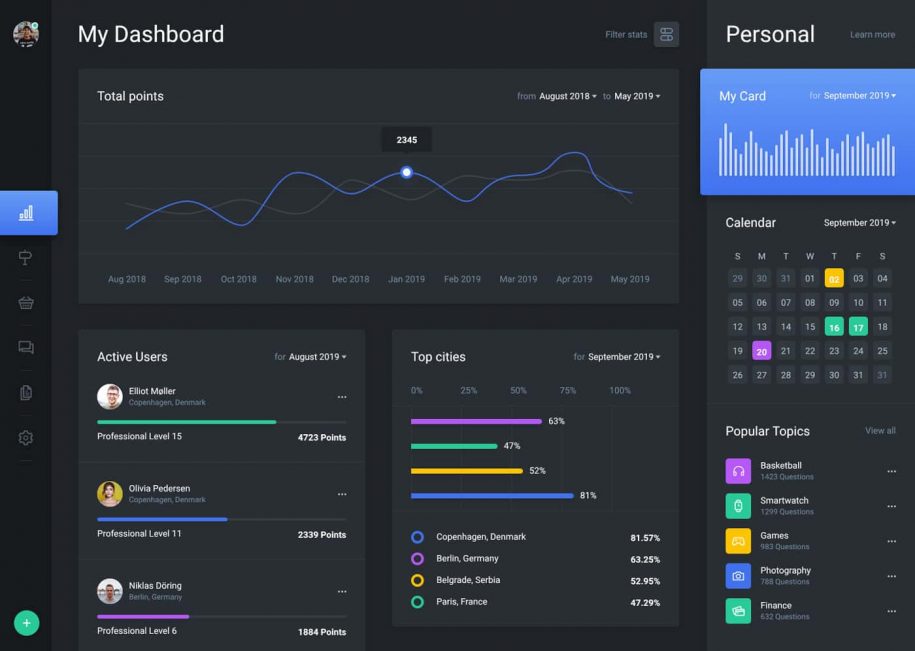The importance of accounting software is growing for every business, as organizations begin to realize that manual document management is no longer enough.
Financial management processes are put in place to prevent loss but when they’re not implemented correctly, they can often have the opposite effect – and that’s where your accounting software comes in. So why is accounting software important for businesses? And what are the features that you need to look out for? Find out below.
What is accounting software?
Accounting software is designed for industry professionals to help manage their accounts and streamline financial processes. It enables you to manage your business’ financial transactions with ease, from bookkeeping to the entire financial infrastructure of your business. The importance of accounting software in business’ is to reduce the risk of mistakes in bookkeeping, and to help organizations manage their finances in an efficient way.
But what is accounting software used for within businesses – be that an accounting firm or a finance department within a wider organization? We’ve detailed the features and importance of accounting software below.
Important features of accounting software
Why is accounting software important for your firm? It’s a valuable asset that will significantly improve the efficiency of your work and department in many different ways:
Improved bookkeeping accuracy
Reduce or eliminate the risk of human error with the automated features of accounting software. Don’t rely on manual labour or brain power. Generate real-time data that helps you streamline your business transactions and workflows.
Faster completion rates
With accounting software in place, businesses can process accounts and invoices much faster. By going digital, you no longer have to rely on mental arithmetic and pen and paper – your computer will do all the work for you. You can also set up automatic processes that are designed to meet the needs of your firm.
Reducing costs
Speed, accuracy and efficiency all work together to reduce overall costs. Complete more tasks in a given amount of time, reducing admin costs and allow more room for future business transactions.
Streamlined tax filing
The task of processing tax files can seem quite daunting and complicated. But with the right accounting software, you can manage every last detail to ensure that you remain compliant and in control. Automatically format invoices, set filing rules in place and make your next tax season that little bit less daunting.
Document management
Drowning in paperwork? Overwhelmed with client comms? Automate your financial operations, starting with accounting document management software (DMS). There is a wide selection of tools that help firms change the way they run. Features of accounting software for document management include:
Email capture and filing: the whole team has eyes on client conversations and documents, rather than just one-to-one emails. You choose from many levels of automation to suit your needs.
Productivity reports: find bottlenecks and improve workflows by reporting on how many tasks and unfiled documents there are within your team.
Automate compliance workflows: from instant creation of associated documents to tax pack finalization via team workflow automation software.
PM system integration: integrate your DMS with all major practice management software for accountants – reduce administration for setting up new clients and avoid data duplication.
Visibility on clients: see outstanding tasks sent to clients and monitor if they have been opened or actioned – keeping an eye on productivity in real time.


Leave a Reply